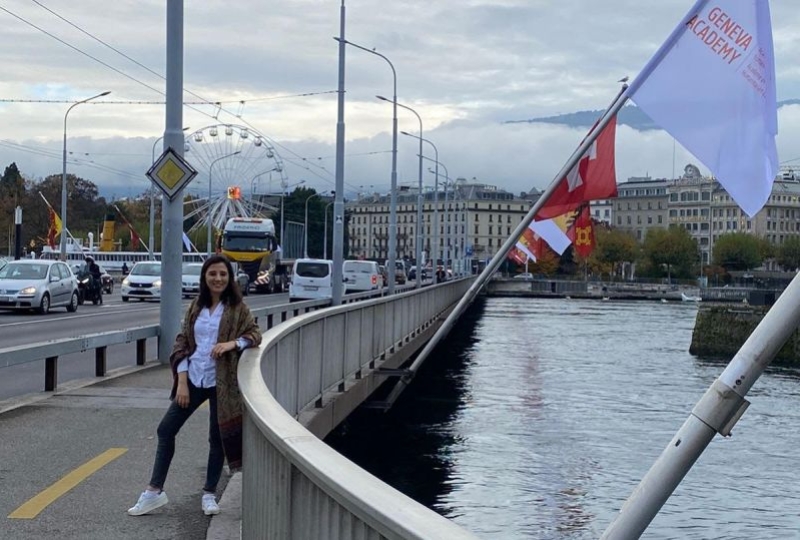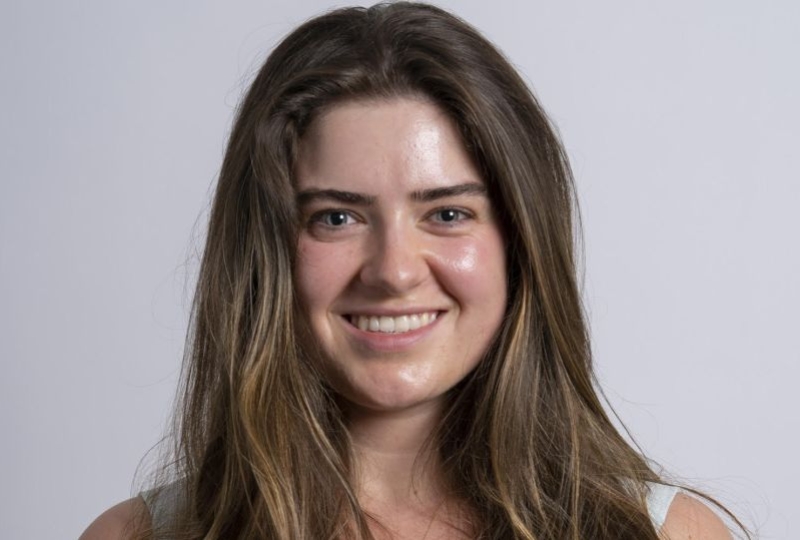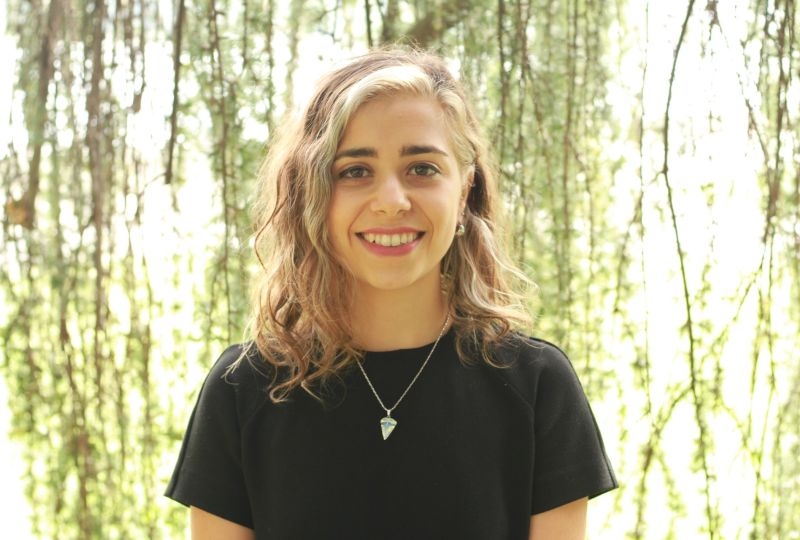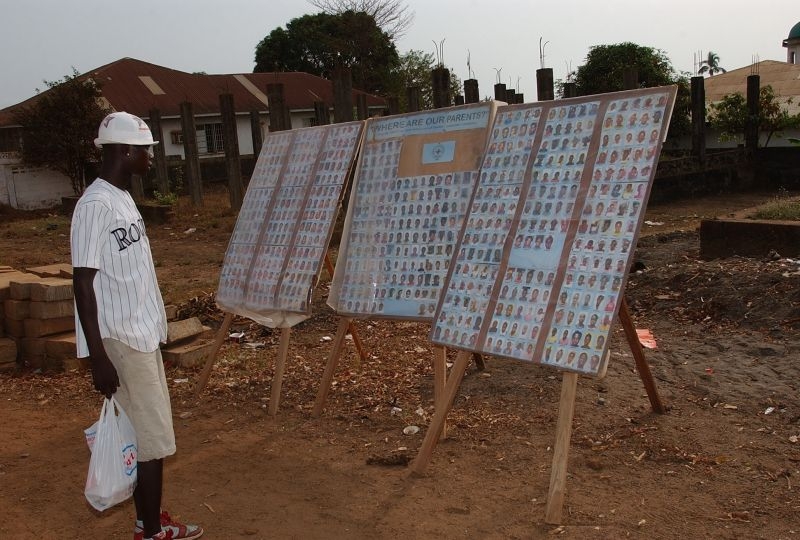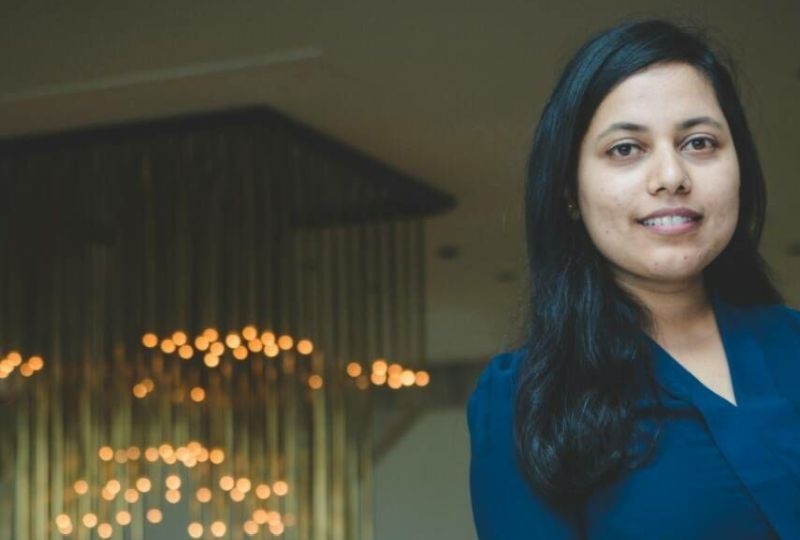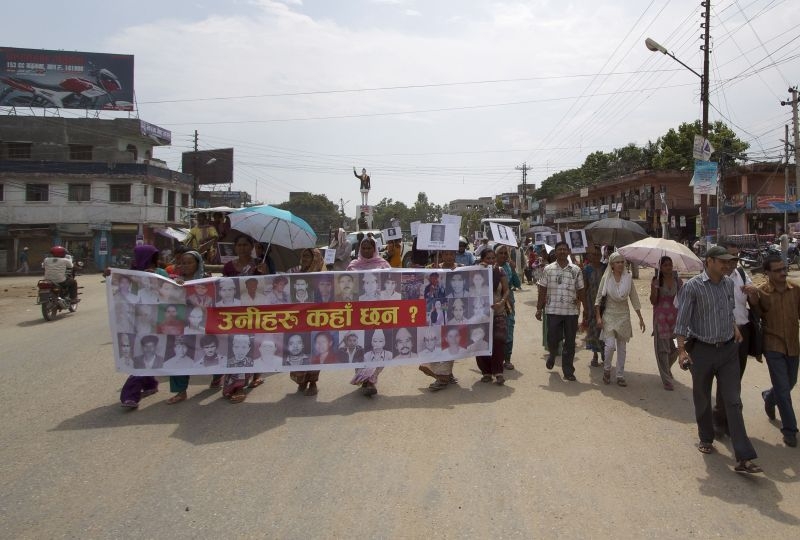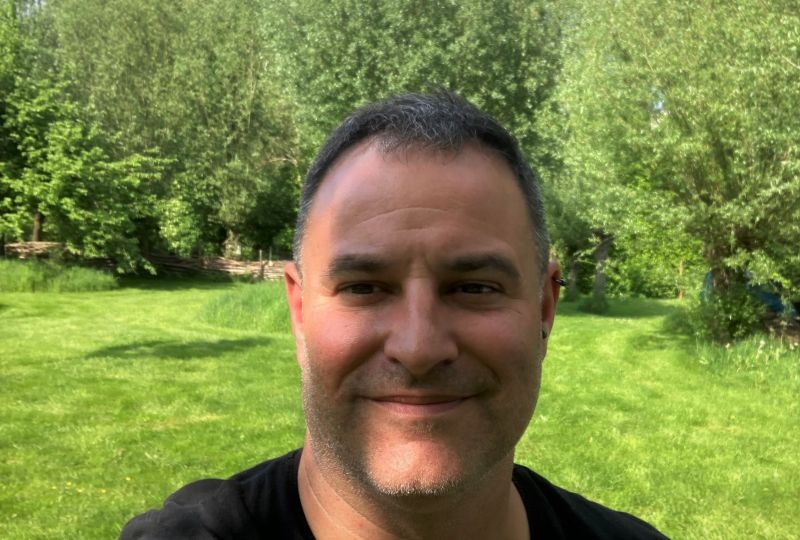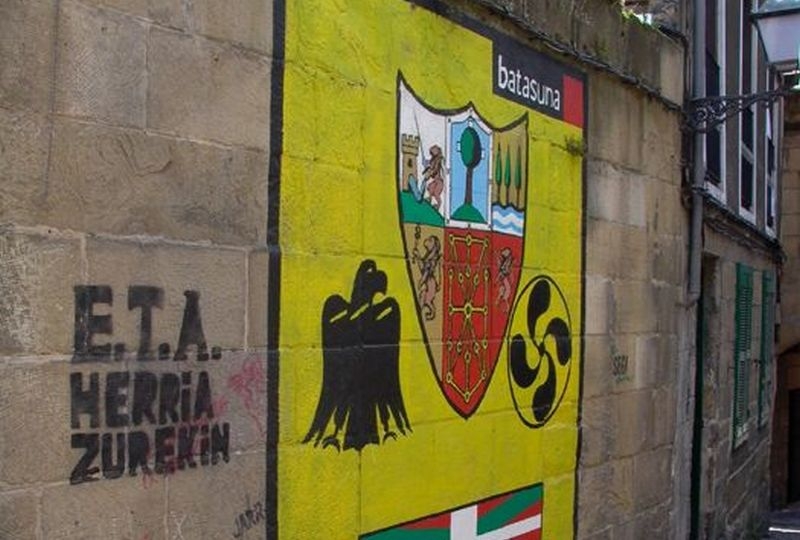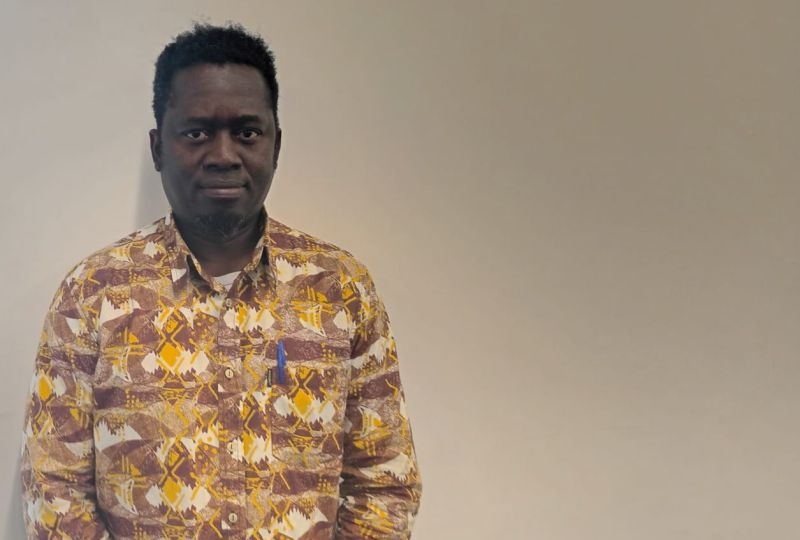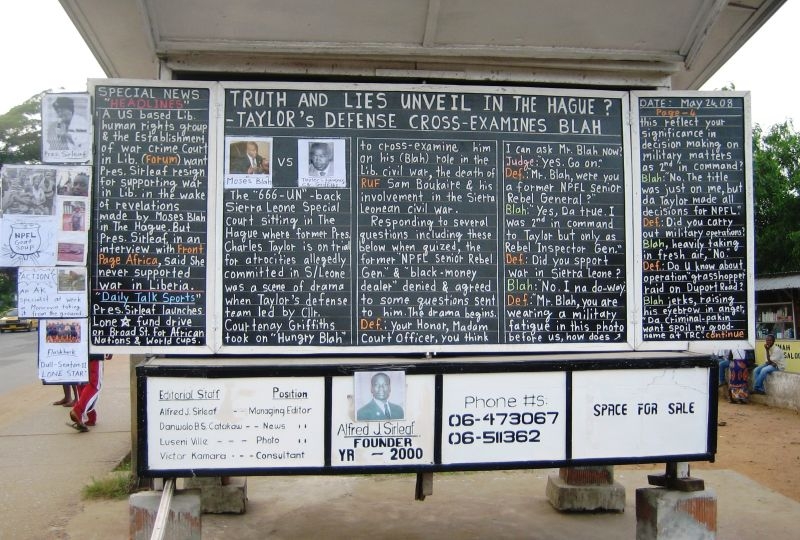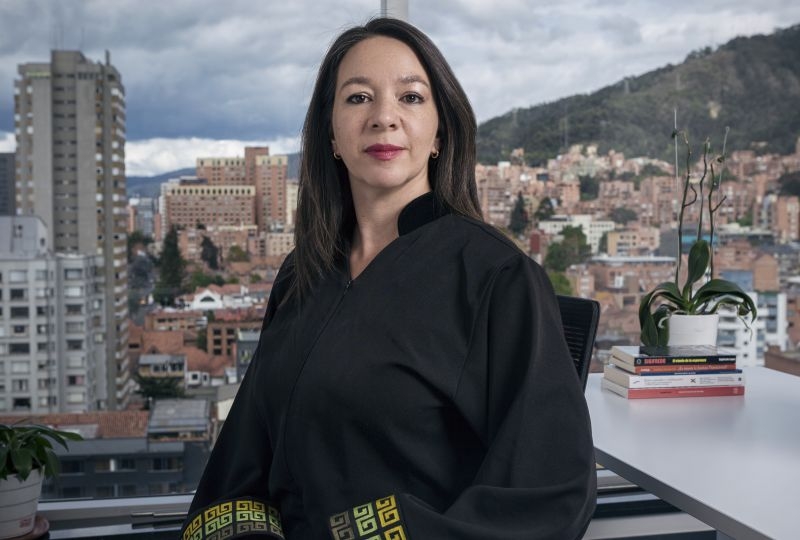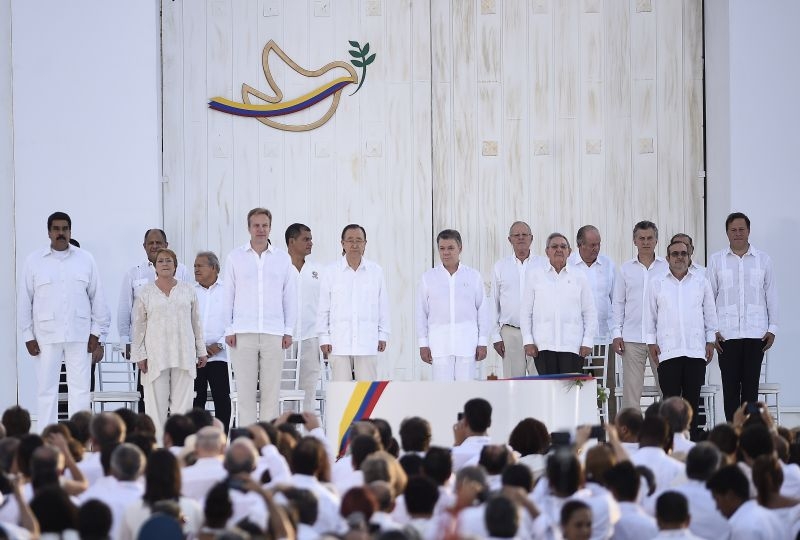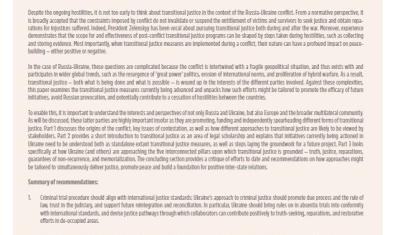John Caulker is the Founder and Executive Director of Fambul Tok International in Sierra Leone, an NGO that works with post-conflict countries to create space for community-led reconciliation and development that leads to peace.
John became a human rights activist as a student leader during the initial years of the conflict in Sierra Leone. Risking his life to document wartime atrocities, he infiltrated rebel camps disguised as a rebel to gather information and stories that he would then pass along to NGOs like Amnesty International, Article 19, and Human Rights Watch. He then founded the human rights NGO Forum of Conscience in 1996 and strove, as its Executive Director, to prevent recurring violence by connecting the root causes of Sierra Leone’s conflict to the need for rural community to participate in national decision-making processes and by acknowledging wrongdoing to victims through reparation programmes.
John shared with students his experience regarding the operation of various TJ mechanisms in Sierra Leone in which he was involved as a civil society actor. He reflected on the opportunities and challenges of TJ mechanisms such as the Truth Commission and the Special Tribunal but also of community-based processes such as Fambul Tok.
‘This series offered us a unique chance to interact with and learn directly from experts who have been integral to TJ processes in their respective countries. In Sierra Leone, the discussions centred on how the government could effectively implement the Truth and Reconciliation Commission's recommendations and we also explored the pivotal role of civil society in advocating for government inclusivity and bottom-up approaches’ explains MTJ student Wahida Omari.


